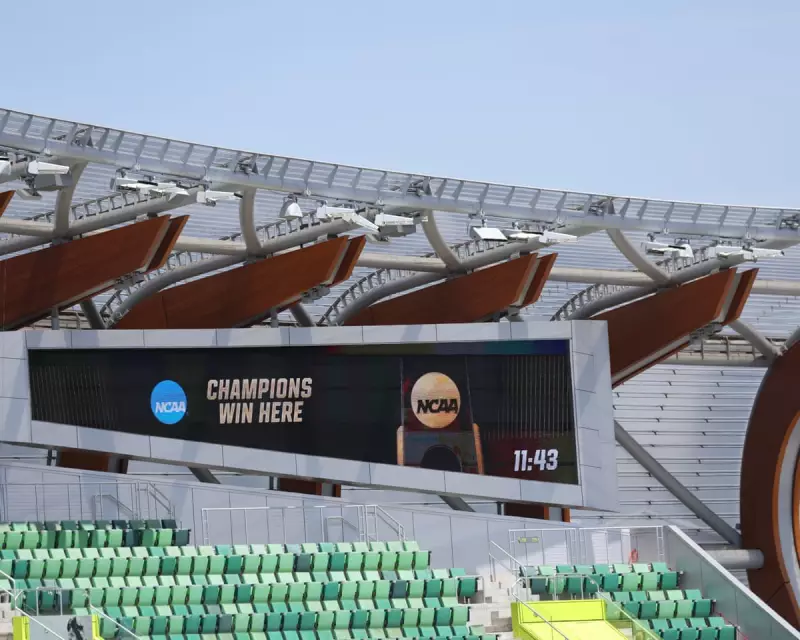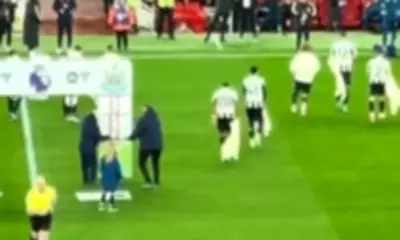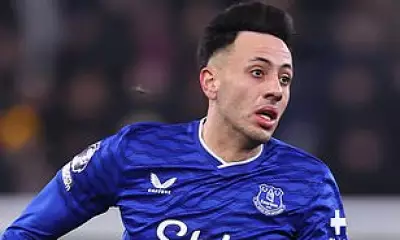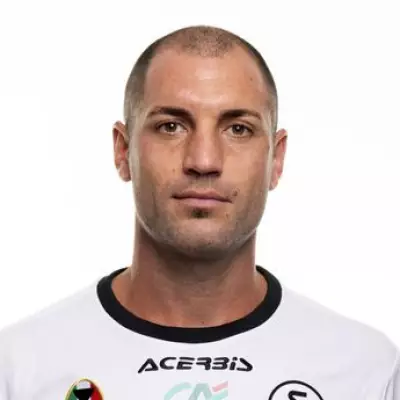
In a significant shift for collegiate sports, the governing body responsible for overseeing name, image, and likeness (NIL) payments to student-athletes has announced plans to loosen restrictions on third-party agreements. This move could pave the way for more lucrative sponsorship and endorsement opportunities for college athletes across the US.
A New Era for Student-Athlete Earnings
The decision marks a progressive step in the ongoing evolution of compensation rules in college sports. For years, student-athletes were barred from profiting from their sporting fame, while universities and the NCAA generated billions from their performances.
"This change acknowledges the reality that college athletes deserve fair opportunities to benefit from their talents," said one insider familiar with the negotiations.
What's Changing?
- Reduced barriers between athletes and third-party sponsors
- Greater flexibility in endorsement deals
- More transparency in payment structures
- Simplified compliance processes for universities
The reforms come amid growing pressure to modernize collegiate sports governance and address long-standing criticisms about athlete compensation. While some traditionalists worry about the commercialization of college sports, advocates argue it's a necessary step toward fairness.
Impact on the College Sports Landscape
Analysts predict the changes could:
- Increase competition for top athletic talent
- Create new revenue streams for athletes
- Change recruiting dynamics between universities
- Lead to more professional-style contracts
As the new rules take effect, all eyes will be on how universities, athletes, and sponsors adapt to this transformed landscape of collegiate athletics.





